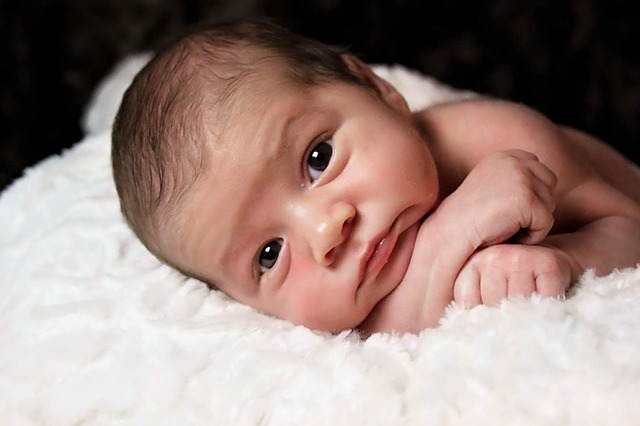Scientist's Claim of Genetically-Edited Babies Renews Ethics Concerns
By Michael Krasny,
KQED [features CGS' Marcy Darnovsky]
| 11. 28. 2018
A scientist in China announced this week that he had created the world's first genetically-edited human babies. In an announcement that shocked many, including scientists and ethicists, He Jiankui said he altered a gene in the embryos of twin girls to make them resistant to H.I.V. Forum talks about the future and ethics of using new gene editing tools like CRISPR to create genetically-altered humans.
Guests:
Marcy Darnovsky, executive director, Center for Genetics and Society
Dr. Fyodor Urnov, visiting researcher, Innovative Genomics Institute at UC Berkeley; former vice president, Sangamo
Dr. Alex Marson, head of UC San Francisco's Marson Lab
Related Articles
By Diaa Hadid and Shweta Desai, NPR | 01.29.2026
MUMBRA, India — The afternoon sun shines on the woman in a commuter-town café, highlighting her almond-shaped eyes and pale skin, a look often sought after by couples who need an egg to have a baby.
"I have good eggs,"...
By George Janes, BioNews | 01.12.2026
A heart attack patient has become the first person to be treated in a clinical trial of an experimental gene therapy, which aims to strengthen blood vessels after coronary bypass surgery.
Coronary artery bypass surgery is performed to treat...
By Staff, ScienceDaily | 01.05.2026
Scientists at UNSW Sydney have developed a new form of CRISPR technology that could make gene therapy safer while also resolving a decades-long debate about how genes are switched off. The research shows that small chemical markers attached to DNA
...
Following a long-standing CGS tradition, we present a selection of our favorite Biopolitical Times posts of the past year.
In 2025, we published up to four posts every month, written by 12 authors (staff, consultants and allies), some in collaboration and one simply credited to CGS.
These titles are presented in chronological order, except for three In Memoriam notices, which follow. Many more posts that are worth your time can be found in the archive. Scroll down and “VIEW...




